This story is part of the Niles West News 2025 Immigration Series which documents community members’ experiences immigrating to the United States. Most of these stories are written by Niles West News writers, but some will feature guest writers who will tell their family’s story.
My dad, Mohammad Khan’s, childhood was in Varanasi, India. He lived on a large university campus with his parents and little sister. His dad, my dadajaan, was a Sociology professor at Banaras Hindu University, one of the largest universities in Asia. He had a happy childhood and was very close with his sister. They would often play together and go for walks. He remembers his childhood being surrounded by the serene atmosphere of Varanasi, aglow with greenery and lined with fragrant and colorful fruit trees planted by his father; the scents of papaya, orange, lychee, guava, mango and pomegranate intermingled in his sun-bathed yard.
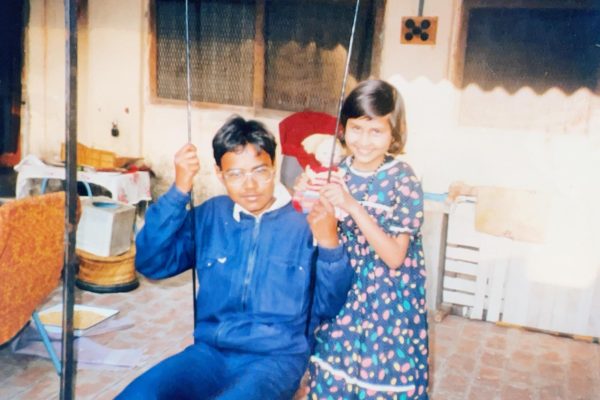
My dad was gifted. He excelled in every subject, especially math, engineering and physics. He was part of the 80,000
young Indians studying for the second most difficult exam in the world: the Joint Entrance Exam (JEE). He studied six hours a day and earned his spot among the top 0.5-2.5% of test-takers to gain admission to the Indian Institute of Technology (IIT). He graduated in 1997 with an award for the best project in the Department of Electrical Engineering, among some of the smartest and most talented students in India. My dad’s IIT degree held the key to his eventual immigration to the United States and opened up career opportunities for him while he was there.
After graduating, my dad boarded a flight to the frosty college town of Troy, New York, to attend Rensselaer Polytechnic Institute (RPI) on a scholarship to get a masters in electrical engineering. He was on a student visa, had $700 in his pocket, no car and a determination to improve his family’s life. His decision to come to the U.S. stemmed from his pursuit of the “American Dream.” He carried his goals of improving his quality of life and seeking unparalleled academic and career opportunities to the U.S. with him.
Upon arrival, my dad was submerged in a new society, culture, weather and more. He had to learn how to adapt because he was the first and only person from his family to immigrate. He also missed his parents and sister, but they would keep in frequent contact over calls. Not only that but my dad was used to India’s hot climate, where temperatures never dipped below 50 degrees Fahrenheit. In Troy, which had significantly colder weather, he felt a case of seasonal depression. The shorter days and less sunlight were hard for him to adjust to. He had to walk or ride a bike everywhere because he had no car at the time. While studying at RPI, he was also shocked by some of the cultural differences he saw in the U.S.
“It was a big culture shock to come from a more conservative country and family. I kind of expected it, but it’s different to see a society where family relations are not as strong as in my home. I was surprised that my university advisor had children but he only met them once a year. The relationship between students and teachers was also different. In India, for example, students have a lot of reverence for their teachers. It’s even considered unacceptable to talk back to or question your teacher, which is completely different than here. A lot of behavior [towards teachers] here would be considered disrespectful in India,” Khan said.
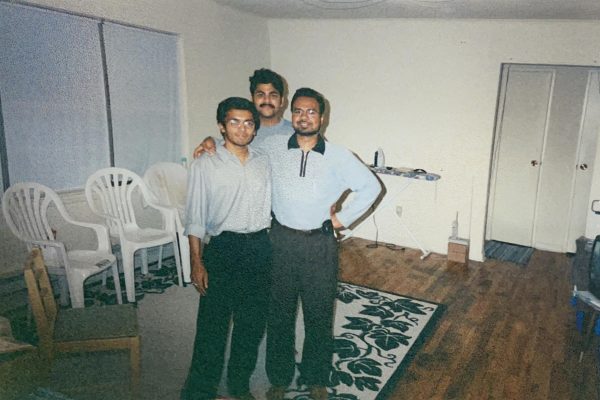
Amidst the many differences and challenges my dad faced in the U.S., my dad also expanded his social and career horizons. He made friends in the Indian Student Society and Muslim Student Association at RPI, finding community among people who shared similar backgrounds and identities to him. He also formed bonds with his former classmates from IIT who had also relocated to the U.S. While getting his masters, he stayed in a flat with other Indian classmates, Mayank and Abhishek. My dad also reunited with his former IIT classmate Sumeet Sobti, who he later founded a startup with.
My dad did well in school, graduating in 1999 with a 4.0 and getting several job offers. He moved to Old Bridge, New Jersey, to start his first job at Telcordia, a telecommunications company, where three of his former

IIT classmates were employed. He also found more ways to stay connected to his community, like volunteering at the masjid often.
After finishing a master’s degree and starting a job, it is common for people in my culture to get married. My dad met my mom’s brothers and mom at the Islamic Society of North America (ISNA) Convention around June 2001 and they introduced him to my mom for an arranged marriage. He soon visited her house in Chester, Pennsylvania, and they were married around two months later.
My parents got married in the wake of 9/11, when there was a sharp increase in Islamophobia and hate crimes against Muslims. My mom remembers feeling like an outsider, getting stared at and even facing barriers to practicing her faith.
“Muslims need to offer five prayers a day. On the way back to our home, the sun was setting and we had limited time to pray so we parked near a train station, in an isolated area. We were not disturbing anyone and we weren’t in anyone’s way. Somebody saw us and complained about us to the police as if we were a threat to someone, even though all we were doing was praying. The police came with not just one car but two. They surrounded us and called out to us while we were praying. We were prostrating and we couldn’t stop praying until we were finished because the action of praying is sacred in Islam unless there is an emergency. The cops saw that we weren’t a threat, but they didn’t stop and escalated the situation. It was a very scary incident,” (my mom) Fatima Tanveer said.
My parents’ experiences of discrimination for their identity made them stronger and also gave them opportunities to educate other people about their religion and culture. They later instilled that pride in our culture and religion in my sister and me.
Fast forward to 2003 when my parents were now U.S. citizens. I was born in 2009 and they had my sister Khadeejah Khan in 2012. My parents strived to inculcate their culture and religion in my sister and my upbringing. We grew up immersed in our faith and connected to Indian culture, food, cuisine, language and media. Lacking representation in Western media, my sister and I found it while watching Bollywood, Indian cinema, dramas and speaking Urdu in our home. We also frequently go all decked out in jewelry and wearing lehengas and sarees to one of the biggest Indian social events: weddings.
My sister, Khadeejah Khan, admires our dad for the sacrifices he made and the bravery he had in immigrating to the U.S. and leaving his old life behind.
“I’m so grateful that our dad came to America and worked his hardest to support our family. Without his sacrifices, [our family] wouldn’t have the opportunities we have today, which I think gets overlooked. That’s why I think he’s the bravest person I know,” Khadeejah Khan said.


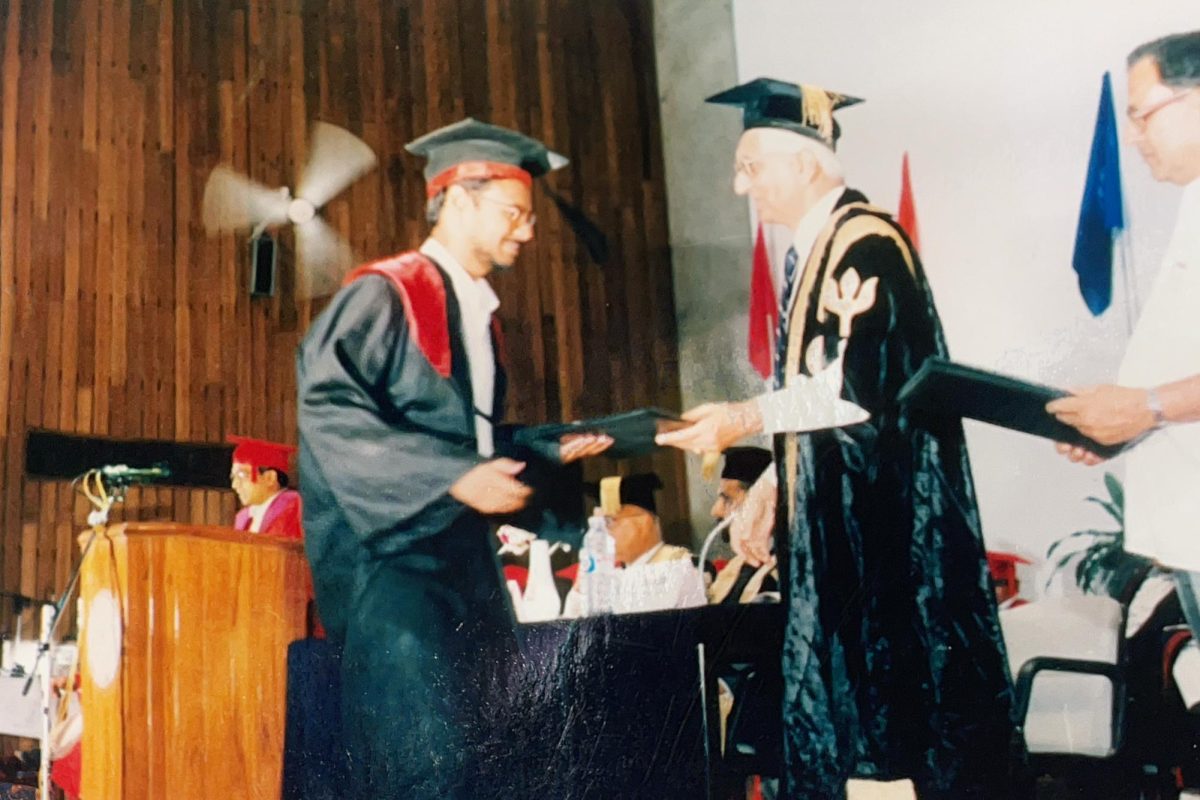

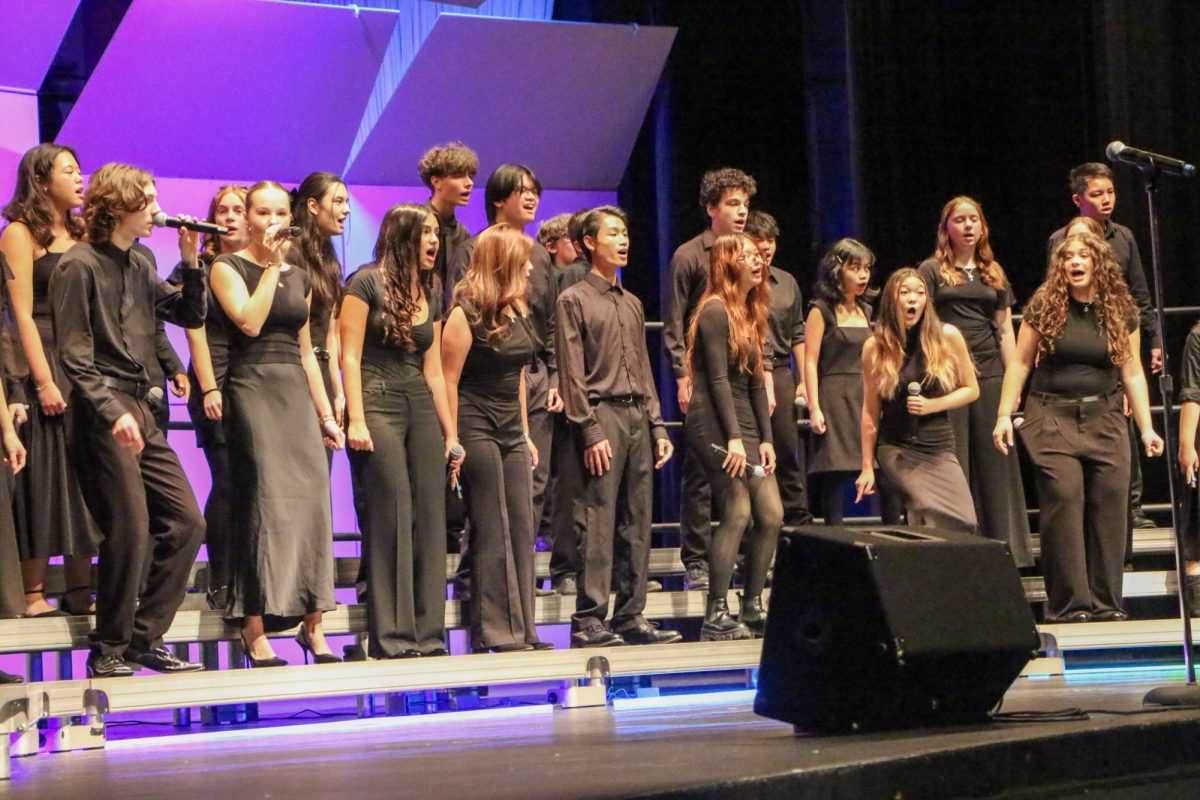
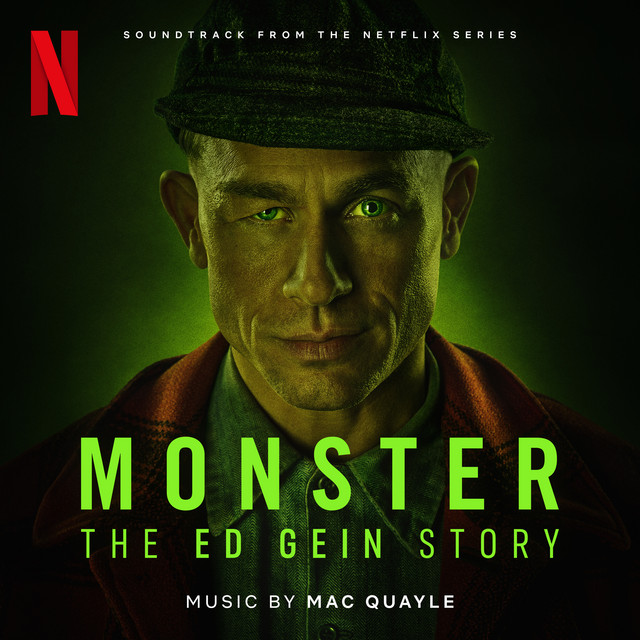

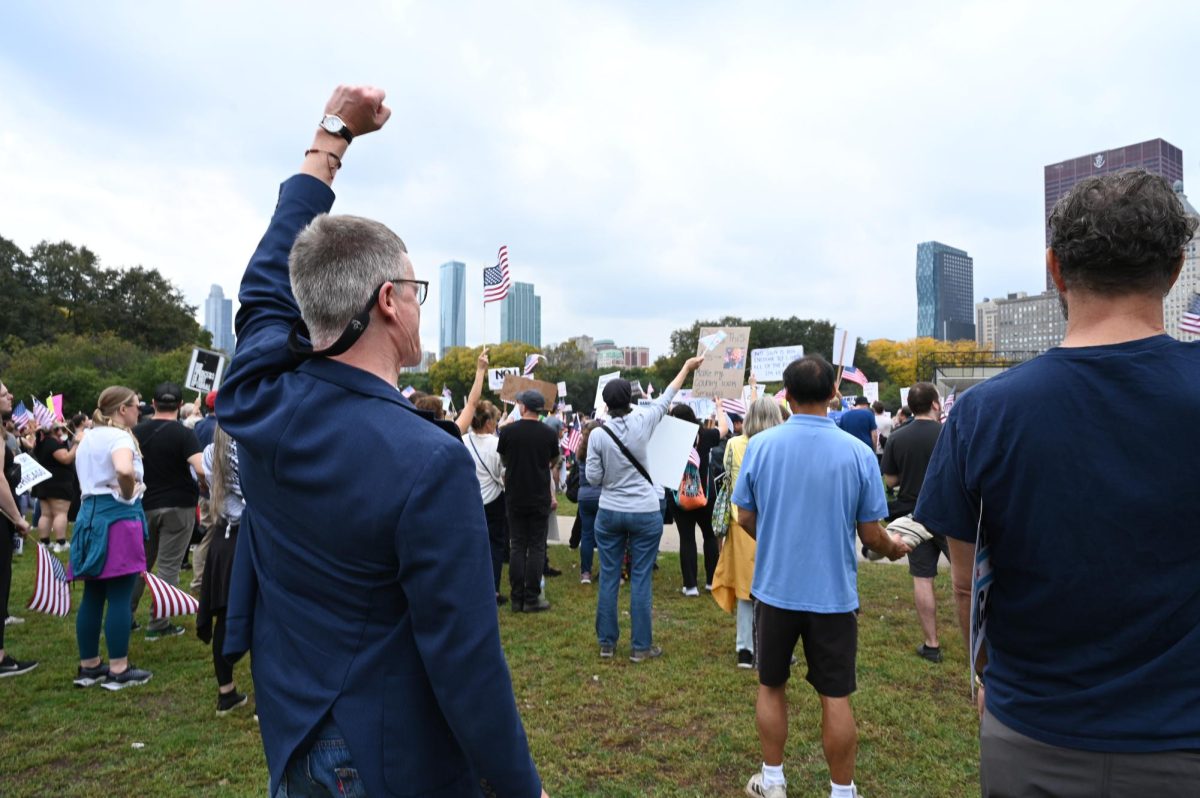
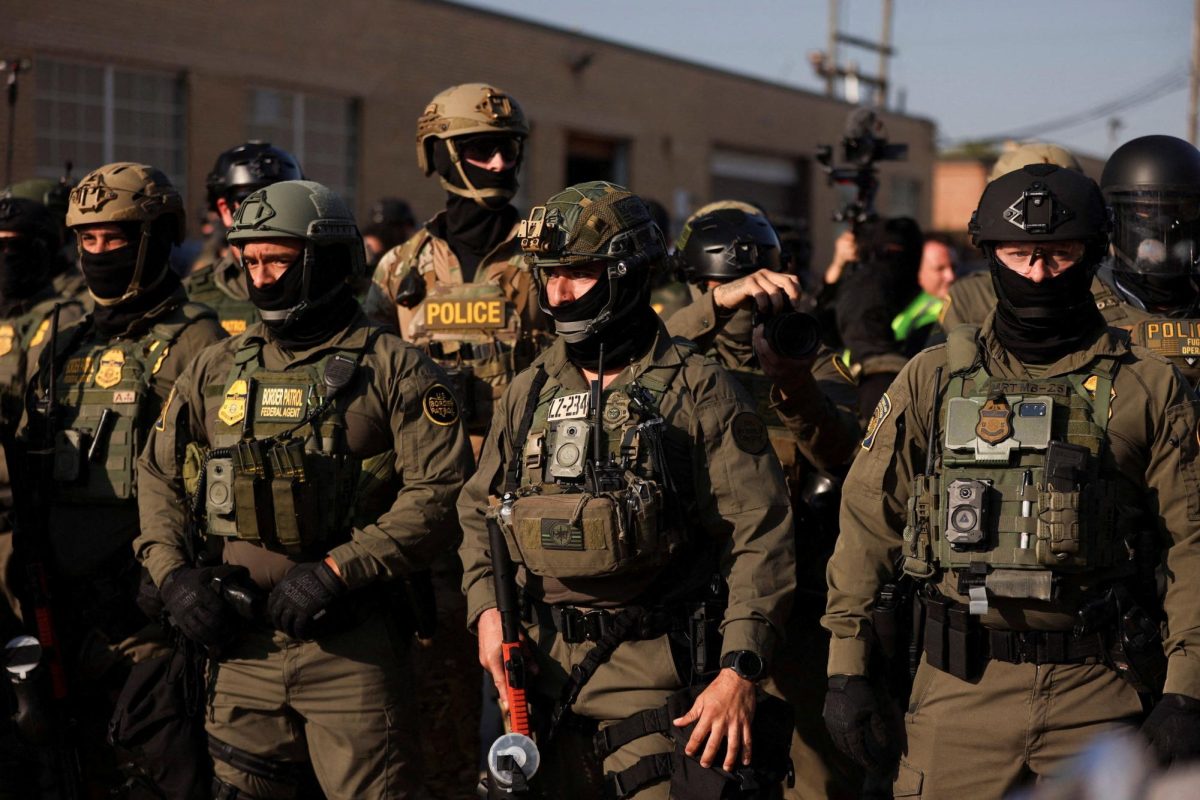
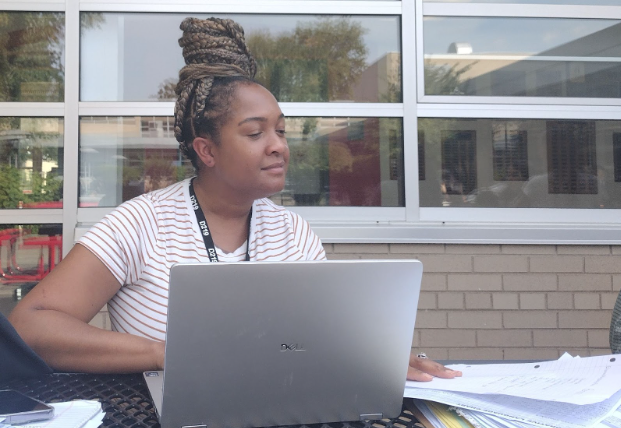
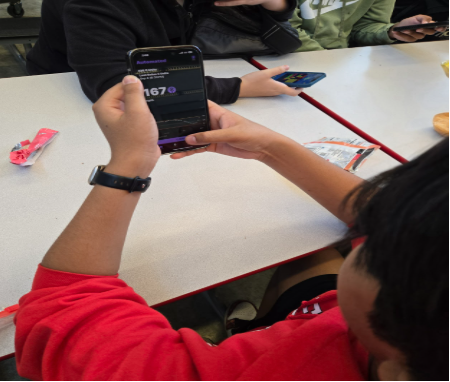
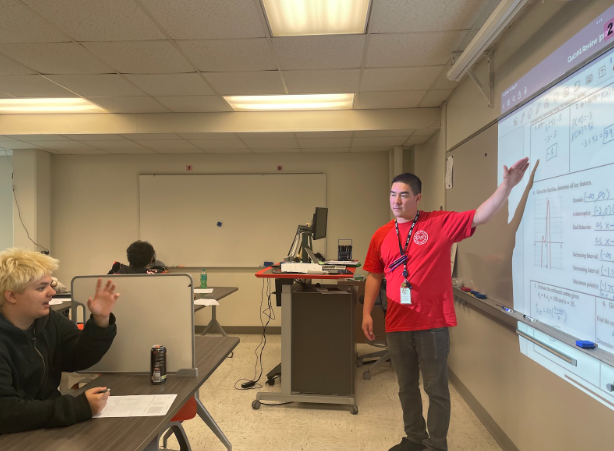
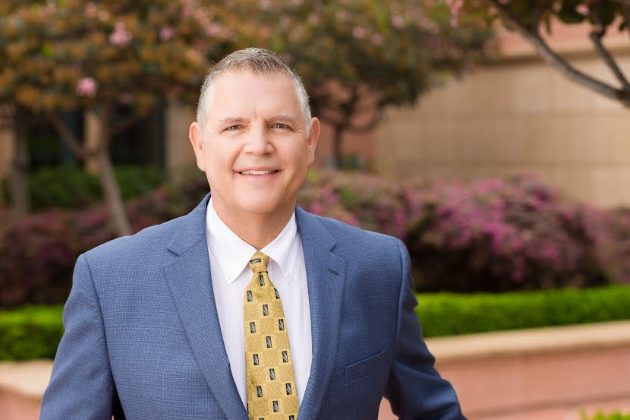
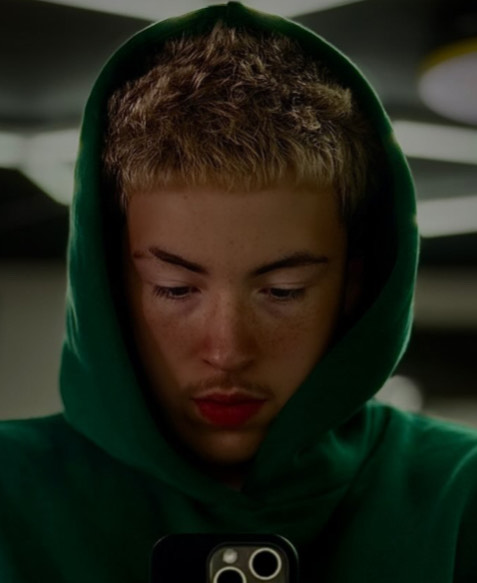
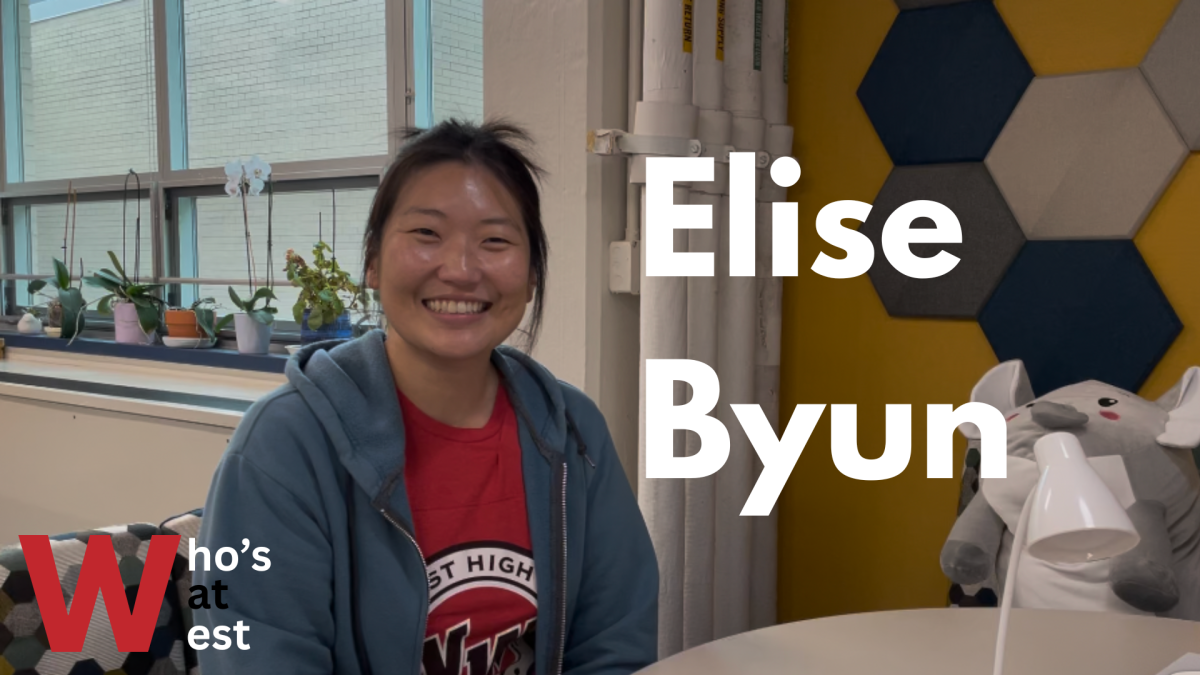
Samina Hussain • Jan 24, 2025 at 9:20 AM
What an awesome and inspiring story!